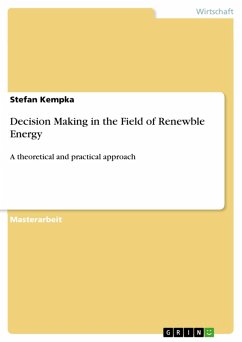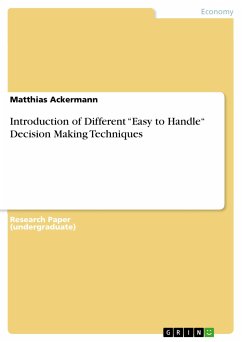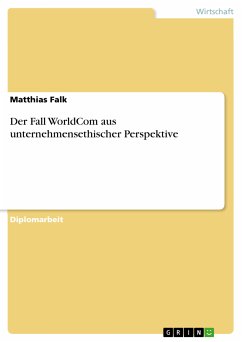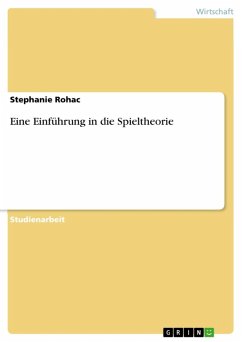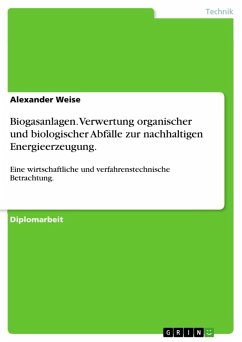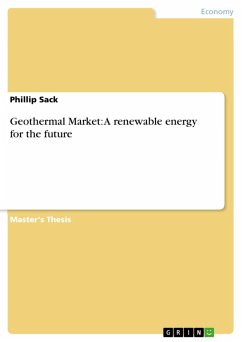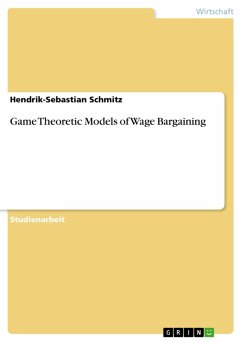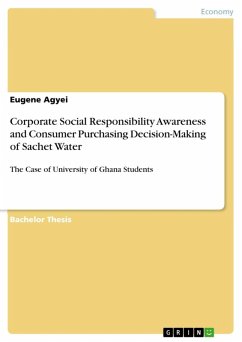Masterarbeit aus dem Jahr 2009 im Fachbereich BWL - Sonstiges, Note: 1,7, FOM Essen, Hochschule für Oekonomie & Management gemeinnützige GmbH, Hochschulleitung Essen früher Fachhochschule, Veranstaltung: MBA, Sprache: Deutsch, Abstract: Renewable energies became a crucial factor within the energy industry. They developed from a fringe area to a competitive and sustainable alternative for nuclear power as well as for other energy types. The increasing importance of the use of renewables is also the result of an effective support policy for example by the German government. The focus of this master thesis lays on the electricity usage of renewable energies because nowadays electricity becomes a vital drug without alternative; otherwise the 24:7 rhythms of the today¿s information society would not be possible and this yields to needs which have to be fulfilled by the utility companies. This thesis analyses how decisions could be made by handling these situations. Special emphasis is given to the interaction on the markets of the renewable sector and the resulting impacts on different players. The task creates new challenges to the analysis of decision making. In order to deal with this, a questionnaire is developed which is made for the concept of the prisoners' dilemma which is an example out of the game theory. Game theory as special approach of the overall decision making theory helps to understand how market players interact in different alternatives. The main challenge involved is the level of detailed information to predict in a certain kind the moves of the market¿s player. The outcome of the developed questionnaire is used to fill the payoffs within the game matrix without no real equilibrium, which is necessary for a certain validation of the decision, can be found. The analysis part puts all information together and develops such a tool for an easier and more structured way to make a decision based on the game theory and the decision making process. The quintessence is that the game theory allows analyzing the interaction in the renewables energy market to find out if a strategic approach, a joint venture or the do nothing alternative is the best way to play the game within the renewables market. Two practical examples finally verify the results.
Dieser Download kann aus rechtlichen Gründen nur mit Rechnungsadresse in A, B, BG, CY, CZ, D, DK, EW, E, FIN, F, GR, HR, H, IRL, I, LT, L, LR, M, NL, PL, P, R, S, SLO, SK ausgeliefert werden.

